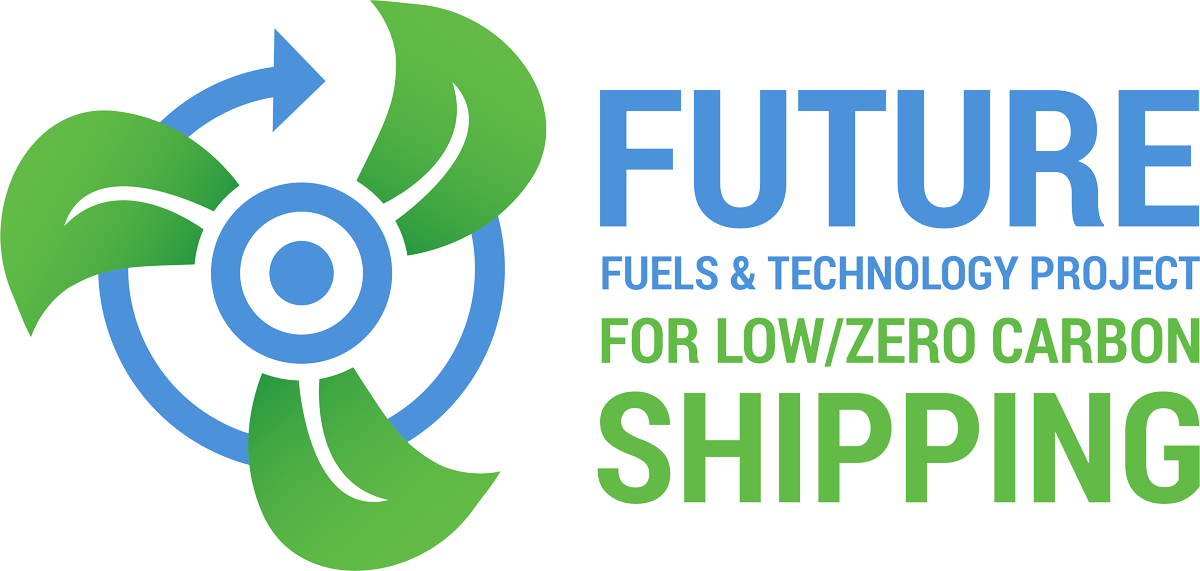To explain the impact of green methanol and ammonia and propose the implementation of zero-emission fuel bunkering at ports by 2030
Fuel Type: Methanol
Availability of E-fuels and E-fuel-capable Vessels from 2027–2030
To assess the market readiness of e-fuels and e-fuel-capable vessels for commercial deployment in the maritime sector between 2027 and 2030. The report seeks to provide insights into the production capacity of e-fuels, the readiness of vessels to use these fuels, and the alignment of these elements to support ZEMBA’s next tender process. The study also aims to identify challenges such as financial barriers and deployment mismatches, offering strategies to accelerate zero-emission technology adoption in shipping.
Economic benefits of building zero-emission capable vessels in East Asia
To evaluate the economic opportunities for shipbuilding countries – China, the Republic of Korea, and Japan – through the construction of zero-emission capable vessels (ZECVs).
To explore the potential revenues generated by replacing conventional ships with ZECVs and highlight the role of first-mover advantages in the shipbuilding market.
Maritime Forecast to 2050
To emphasize the necessity of improving energy efficiency and establishing fuel transition strategies to achieve the decarbonization targets of IMO. This report explores methods to maintain the competitiveness of international shipping by 2030, focusing on fuel reduction, digitalization, and carbon capture technologies. Additionally, it examines strategies for expanding related infrastructure and addressing cost increases, providing insights into strategic responses to these challenges.
Preparing Tanker Vessels for Conversion to Green Fuels
To analyse the technical, economic, and environmental impacts of converting tanker vessels to green fuels such as methanol and ammonia. This report aims to assess the readiness level and costs of fuel transition, providing insights to propose optimal design and operational strategies that align with sustainable shipping practices and regulatory requirements.
Economic value of methanol for shipping under fuelEU maritime and EU ETS
To evaluate the economic viability of bio-methanol and e-methanol as sustainable marine fuels within the regulatory frameworks of FuelEU Maritime and the EU Emissions Trading System (ETS). The report provides an analysis of compliance pathways and the economic incentives for adopting these fuels compared to fossil fuels such as VLSFO, emphasizing the penalties for non-compliance. The findings support the potential of these regulations to facilitate a transition to sustainable fuels by creating a stable investment environment for fuel producers and encouraging adoption by shipping operators.
Marine Methanol Future-Proof Shipping Fuel
To provide insight into the pros and cons of methanol as a marine fuel compared to traditional marine fuels and alternatives such as LNG, hydrogen, ammonia, and batteries
The shipping industry’s fuel choices on the path to net zero
To expect the timing of adoption and commercialization of green alternative fuel engines from the perspective of international shipping and explain the major roles of stakeholders related to alternative fuels in shipping
Analysis on interaction of CII with GFS: Calibrating IMO energy efficiency and fuels targets
To recommend effective strategies for the shipping sector to achieve the IMO emission reduction targets
Alternative Fuels Insight
To provide insight into the future transition of international shipping to alternative fuels, focusing on achieving net-zero GHG emissions by 2050.
To offer guidance on selecting the appropriate alternative fuels and addressing the technical, economic, and regulatory factors involved in making informed decisions.

